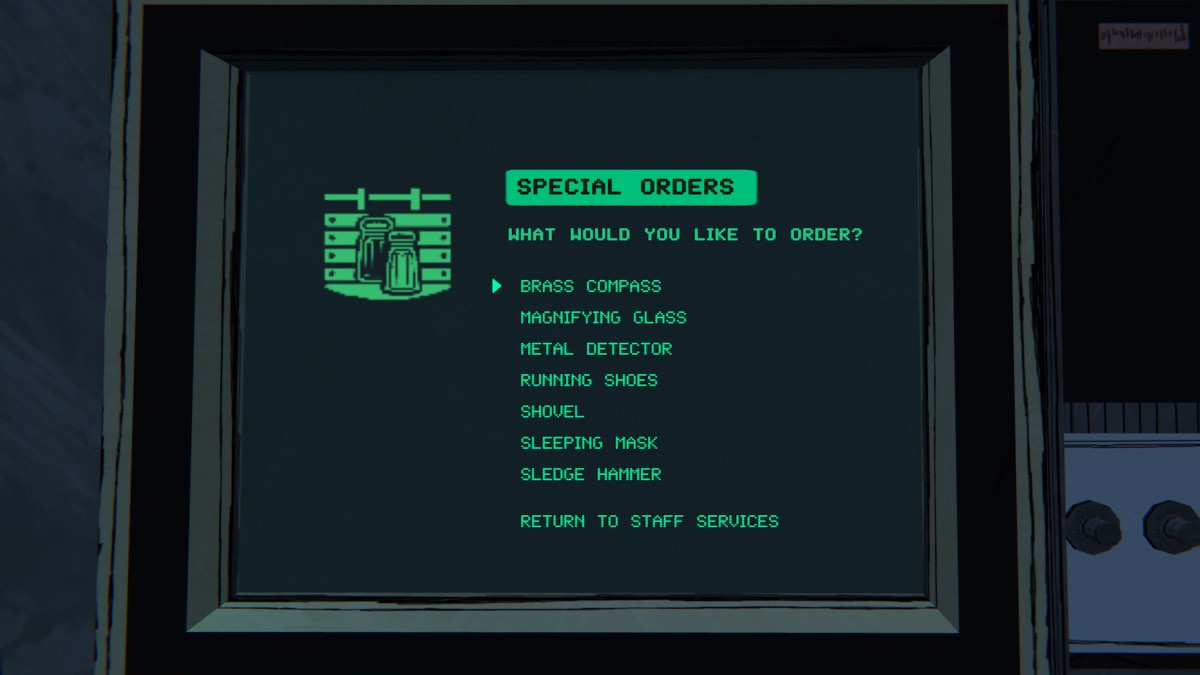Fans of the Persona 4 franchise probably know exactly what to expect from Atlus’ new rhythm game, Persona 4: Dancing All Night. It’s a lighthearted musical romp through Persona 4’s catchiest music featuring the investigation team heroes. Each hero has their own distinct dancing style reflective of their personalities and all look like they are having a great time.
What we did get to see more of this year at E3 2015, was Persona 4: Dancing All Night’s mechanics. Altus has ventured out successfully to other genres before in the Personaseries with Persona 4 Arena, but will that experience carry over to Persona 4: Dancing All Night? So far, so good.
If you thought that the dancing sections would be a fun and easy distraction to move the story along, think again. Persona 4: Dancing All Night is surprisingly challenging if you’re the perfectionist type. There are four different dance cues that players have to keep track of. Your typical ‘tap the right button as it comes along’, steps that will have you pressing two buttons at once, ones that you have to hold, and a ring that has to be lined up, known as a “Scratch”. Everything is pretty manageable except for those notorious Scratches that have a penchant for messing up your combos. They are kind of hard to see and, even on normal difficulties, emanate out quickly. It’s almost to the point where it’s a little unfair as the way the cues rotate around the screen, instead of coming in a straight line, make it difficult to keep track of the scratches when they come out. Also, they are rather difficult to see and it would be nice if they stood out more.
Unlike other popular music games such as Rock Band, Persona 4: Dancing All Night isn’t all or nothing when it comes to hitting dance steps. Even if you were late or early by a large margin, the game still registers that you did “Good”, however this is misleading. Only “Great” or “Perfect” moves count for making progress towards clearing the stage. Just making it to the end isn’t enough, you have to finish it with style as well. The exception to that rule is when you enter “Fever” by stringing together a long enough combo. “Fever” makes it even easier to keep the combo up by allowing “Goods” to count.
Fans wondering what the story structure will be like should expect something similar to thePersona 4 Arena fighting games. Heavy stories intermitted with dancing stages. The story mode should take roughly 10 hours to complete.
As long as you like (or even tolerate) rhythm games, Persona 4: Dancing All Night is shaping up to be a solid buy for any Persona 4 or J-Pop fans. Based on Atlus’ track record with the Personaseries, we should expect an entertaining story all wrapped in a fun, super cute, musical package.
Persona 4: Dancing All Night will be out on Sep. 29 for the PlayStation Vita.













Updated: Jan 3, 2016 09:59 pm